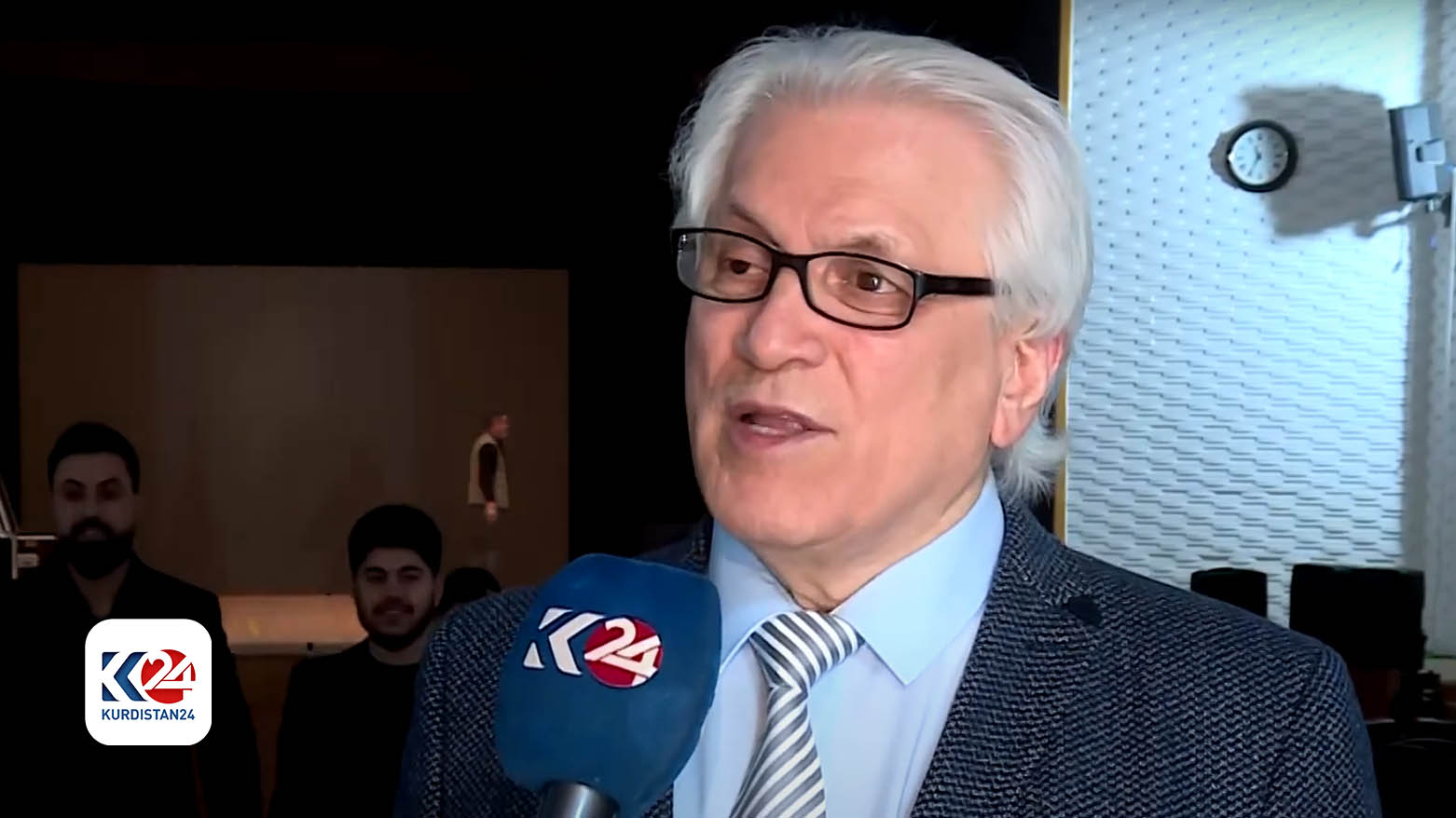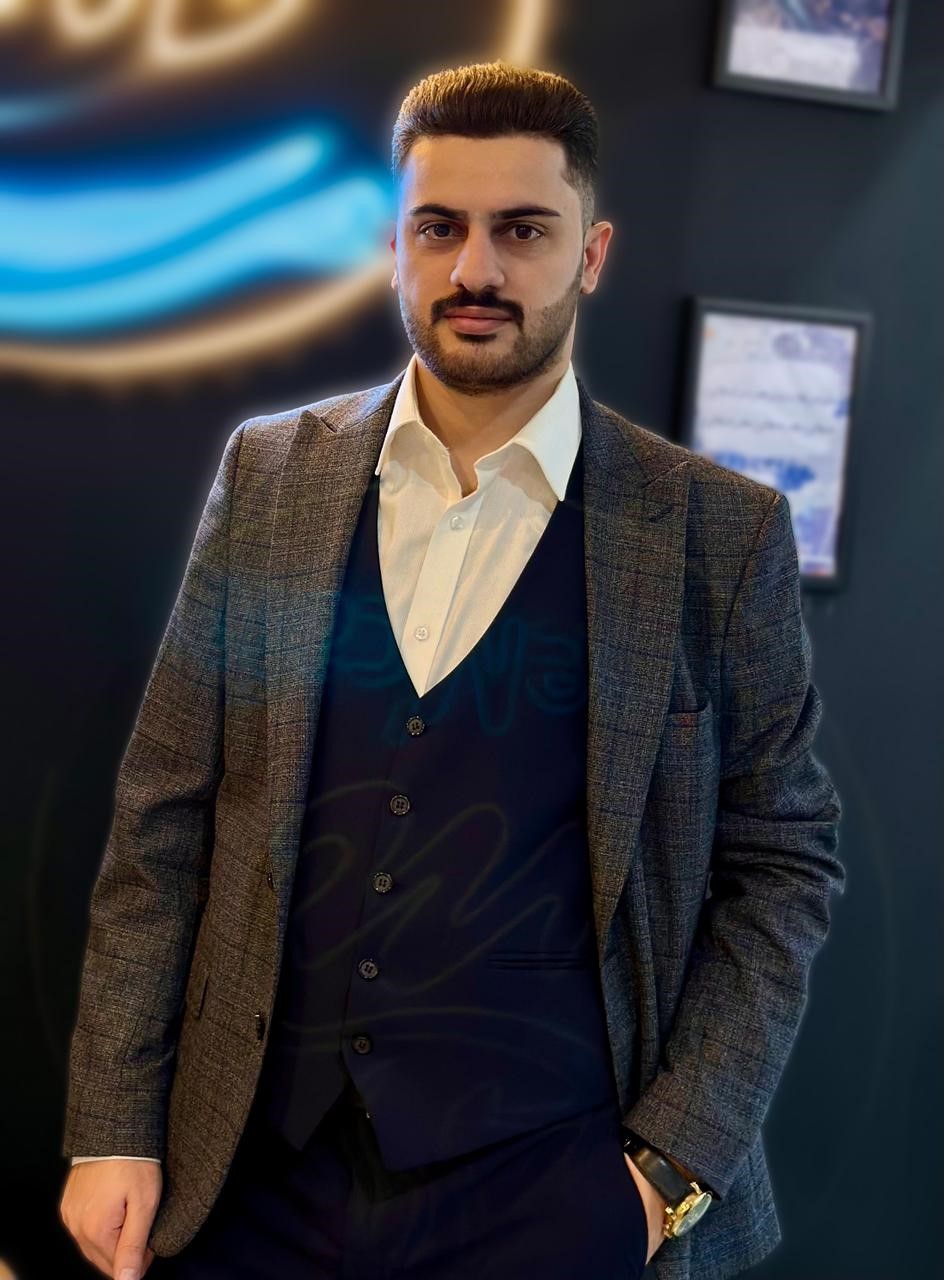For Kurds every day should be mother language day, says Kurdish well-known linguist

ERBIL (Kurdistan24) – Feryad Fazil Omar, the founder and president of the Institute for Kurdish Studies Berlin, in a ceremony held on the occasion of the International Mother Language Day on Wednesday told Kurdistan24 that “for Kurds every day should be a mother language day. If we’re not happy about speaking Kurdish, our language will be declined.”
Omar is a literary scholar and linguist. On Dec. 21, 2022, he received the Cross of the Order of Merit of the Federal Republic of Germany.
He was born in 1950 in Sulaimani. Since 1982, he has been a lecturer at the Freie Universität Berlin and the Institute for Iranian Studies, Department of History and Cultural Studies. Omar’s most prominent works include the Kurdish-German dictionary (Kurmanci) and the Kurdish-German dictionary (Sorani). In February 2022 he was awarded an honorary doctorate from Salahaddin University.
One of the most crucial decisions, according to Omar, is the prime minister of the Kurdistan Region's directive to foreign workers who come to the region to study Kurdish. "The prime minister gave the Kurdish language a crown," he added.
The Kurdish language (Kurdî) has several dialects, the most spoken variants being Sorani, and Kurmanci. Other lesser-spoken variants include Badini, Hawrami, Zazaki, Gorani, Laki, and Feyli. The language is primarily spoken in the countries of Iraq, Iran, Syria, and Turkey, and is also spoken in various other countries with Kurdish diasporas, particularly in Western European and Nordic countries. Its various dialects are written in several scripts, including Latin, Cyrillic, and Aramaic, yet phonetically the language is part of the Indo-European language family.
Kurdish has often been censored throughout modern history, specifically by the former Ba’athist regime in Iraq and present-day Turkey. Although the language is spoken by millions of people in Turkey, it is not officially recognized and is generally not taught in schools. Turkish authorities often impose fines on people who speak Kurdish in public, albeit as of 2011, the language was permitted to be broadcast on television and radio networks in a limited capacity.
Iran, like other Middle-Eastern countries, has measures in place to prohibit the study of Kurdish. In 2019 Kurdish language activist Zahra Mohammadi was arrested on charges of teaching Kurdish and spent about seven months in prison before being released on bail.
Mohammadi was rearrested in January 2022 and sentenced to five years in prison on the charge of forming an “anti-state group.” She was eventually freed on Feb. 11, 2023.
However, while Persian is the official state language in Iran, teaching and practicing other languages is technically allowed per the country’s constitution. Still, members of minority groups in the country usually complain that they are harassed when exercising their cultural rights.
